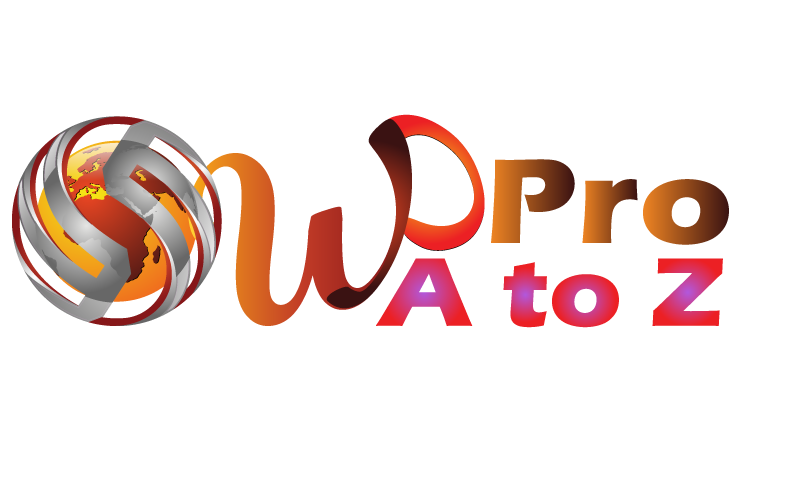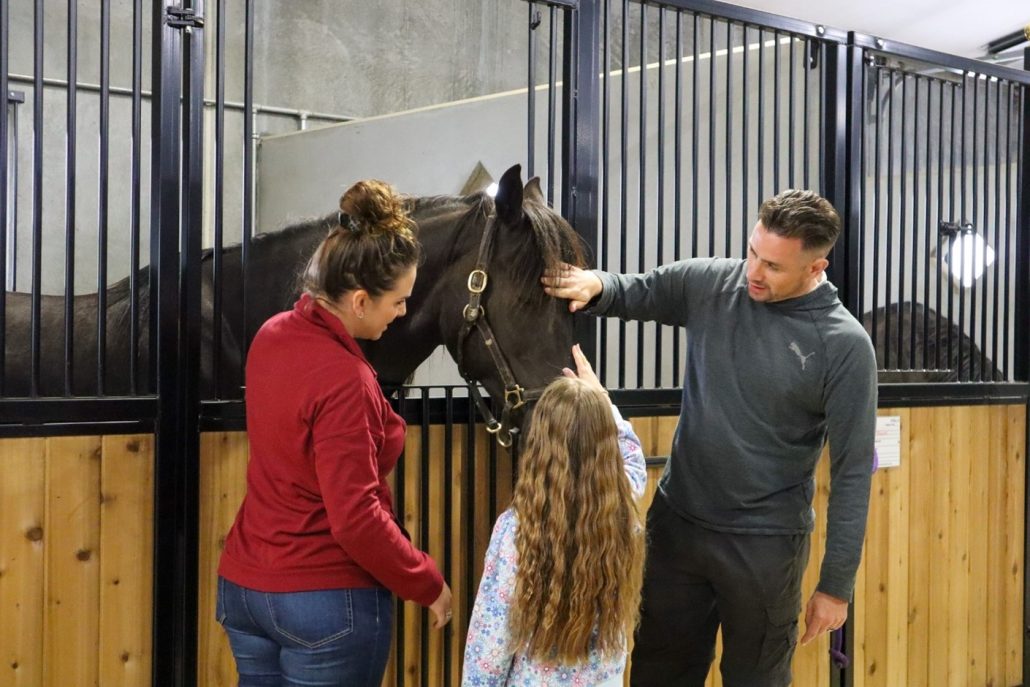Article from SALUTE! – PROUDLY SERVING CANADA’S VETERAN COMMUNITY
The idea for Can Praxis came to Steve Critchley while he was on a horseback ride. It’s a registered charity that offers equine therapy in a mental health recovery program for Veterans and first responders.
Critchley, a fourth-generation Veteran who had served for 28 years, noticed how responsive his horse was to his mood and mental health. He realized that interacting with horses could help someone identify and address their own emotions. In 2013, this inspired him to found Can Praxis, the name of which combines references to a “can-do” attitude and the Latin word for putting theory into practice. Its goal is to help Veterans and their families recover from operational stress injuries like post-traumatic stress disorder.
The main objectives for Can Praxis are to break down multi-generational mental health injuries, and help family members to understand emotions and have safe conversations about them. With support from the Veteran and Family Well-Being Fund, Can Praxis offers programs at their base in rural Alberta, and it is open to Veterans and their families (whether traditional or chosen) from all over Canada. The charity is run by a number of dedicated volunteers, registered psychologists and Ph.D researchers who take a neuroscience-based approach to equine therapy and its impacts on mental health. With research and help from experts, Can Praxis has been able to improve lives of participating families, inspiring hope after the program has been completed.
“This is so much more than just hanging out with horses,” Critchley explains, noting the careful consideration facilitators take when welcoming these families to the program. While engaging with a horse can serve as a barometer for how someone is managing their emotions, it can also increase dopamine levels in participants, help interrupt trigger responses and improve mental well-being. Along with equine therapy, there are debriefing sessions and a classroom component where families learn to break down barriers to communication within their family unit.
In addition to adult participants, children between the ages of 8 and 24 are welcome to join with their families and learn to initiative conversations about their emotions.
A large number of participants report that the program have had significant and positive impacts on their lives following the program. Critchley and his team hope to continue helping Veterans and first responders for many years to come and show them that there is a light at the end of the tunnel.
Those interested in learning more about the organization can visit their website and Facebook page.

